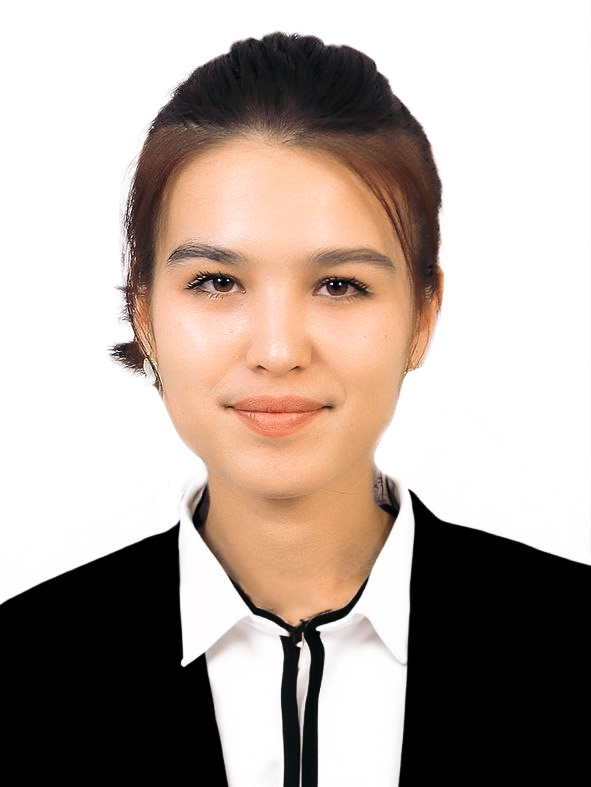
Motivation of Foreign Students to Learn the Russian Language in a Non-Linguistic Environment
Introduction
The modern language policy of many countries aims at integration into the global educational and cultural space. In this context, learning foreign languages, particularly Russian, is becoming increasingly important. However, the effectiveness of learning largely depends on the level of student motivation, especially in a non-linguistic environment – that is, in countries and regions where Russian is not used in daily life.
This article is dedicated to exploring the motivation of foreign students to study Russian under such conditions, identifying the determining factors, and outlining ways to enhance academic motivation.
1. The Concept of Motivation in the Process of Learning a Foreign Language
Motivation is a combination of internal and external factors that prompt a person to take action. In the context of language learning, motivation plays a key role: it determines the student’s attitude toward the subject, perseverance in overcoming difficulties, and willingness to engage in independent work.
Scientific research identifies two main types of motivation:
– Integrative motivation – the desire to become part of another culture, communicate with its representatives, and understand their way of thinking;
– Instrumental motivation – learning a language for practical purposes: obtaining education, employment, improving social status, etc.
2. Features of Motivation in a Non-Linguistic Environment
For students studying in countries where Russian is not an official or widely spoken language, motivation develops under specific conditions. The absence of a language environment limits practice opportunities, which may reduce interest in the subject. However, with strong personal or professional interest, students maintain high academic motivation.
Factors influencing motivation in such conditions:
– Personal interest in Russian culture and history;
– Presence of relatives or friends who speak Russian;
– Aspiration to study at Russian universities;
– Career prospects associated with Russian language proficiency;
– Participation in international projects, grants, internships.
3. Empirical Study of Foreign Students’ Motivation
To gain deeper insight into the issue, a survey was conducted among students from Central Asian countries studying in philological and non-philological faculties. The questions concerned their reasons for studying Russian, sources of motivation, and challenges faced.
The results showed that:
– Over 60% of students indicated professional motivation (job, career);
– 25% were motivated by personal interest in culture;
– 15% admitted studying the language as part of the curriculum, without intrinsic motivation.
It was also found that having a teacher who uses interactive methods significantly increases motivation.
4. Problems and Ways to Overcome Them
Studying Russian in a non-linguistic environment comes with a number of challenges that directly affect students’ motivation. Let us consider the main ones:
4.1. Lack of Language Practice
The most commonly mentioned problem is the lack of speaking practice. In situations where Russian is not used in daily life, students struggle to maintain and develop communication skills.
This can lead to decreased confidence and interest in further learning.
Solution: Creating an artificial language environment – organizing Russian-speaking clubs, watching Russian films, participating in online events and forums with Russian-speaking participants.
4.2. Lack of Motivational Stimuli
In many cases, learning occurs “out of duty,” without internal interest. This attitude quickly leads to fatigue and decreased performance.
Solution: Individualized approach – identifying each student’s goals, including assignments related to their interests.
4.3. Limited Access to Modern Learning Resources
In some universities, textbooks are outdated, making learning irrelevant and ineffective.
Solution: Using digital resources, online platforms, and modern Russian language learning apps.
4.4. Psychological Barriers
Students often fear making mistakes when speaking, which hinders their verbal activity.
Solution: Creating a supportive and tolerant atmosphere in class, where mistakes are seen as part of the learning process.
5. Pedagogical Recommendations for Enhancing Motivation
Successful teaching of Russian in a non-linguistic environment requires a creative approach from the teacher. Here are some recommendations:
– Integration of culture into the educational process: lessons on culture, history, cuisine, and Russian art increase interest in the language.
– Project-based learning: students work on mini-projects in Russian – create presentations, videos, conduct interviews.
– Gamification of the learning process: using game formats (quizzes, quests, role-plays) stimulates participation and reduces anxiety.
– Use of motivational interviews: inviting alumni who successfully use Russian in their careers positively influences students’ attitudes.
– Differentiated approach: considering the level of knowledge, interests, and goals of each student helps create a comfortable and motivating environment.
Conclusion
Motivation is a key factor determining the success of learning Russian by foreign students in a non-linguistic environment. Despite external limitations, with proper pedagogical support, the creation of a learning environment, and the use of modern methods, motivation can not only be maintained but also enhanced. Modern technologies, cultural integration, and a learner-centered approach offer broad prospects for effective learning.
Thus, the teacher plays an important role not only as a knowledge provider but also as a motivator who inspires students to learn the Russian language.
References
1. Galskova N.D. Modern Methods of Teaching Foreign Languages. – Moscow: Academia, 2019.
2. Khrolenko V.N. Psychology of Motivation in Learning. – St. Petersburg: Piter, 2021.
3. Belyaev B.V. Psycholinguistics and Foreign Language Teaching. – Moscow: Prosveshchenie, 2020.
4. Frolova L.L. Motivation Features in a Non-Linguistic Environment // Bulletin of Pedagogical Sciences. – 2022.
5. Electronic resource: www.pushkininstitute.ru
6. Electronic resource: www.russkiymir.ru
